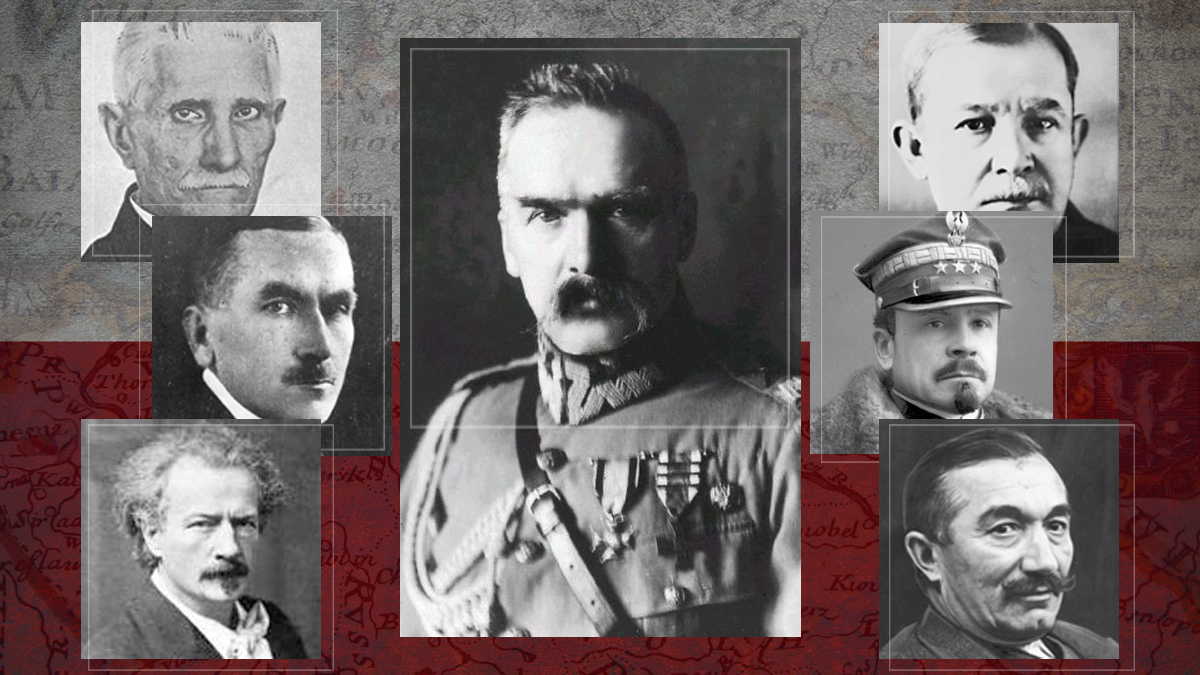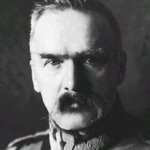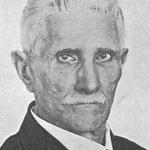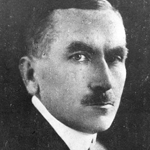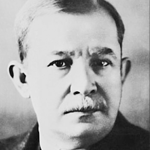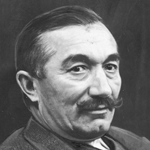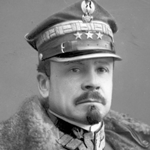Ignacy Paderewski (born Nov. 6, 1860, Kuryłówka, Podolia province in Russian Poland—died June 29, 1941, New York, N.Y., U.S.), Polish pianist, composer, and statesman, who was prime minister of Poland in 1919.
Paderewski was the son of a steward of a Polish landowner. He studied music from 1872 at the Warsaw Conservatory and from 1878 taught piano there, and in 1880 he married one of his pupils, Antonina Korsak, who died in childbirth the following year. Encouraged and financed by the actress Helena Modrzejewska (Modjeska), he studied in Vienna from 1884 to 1887 under Theodor Leschetizky, who did much to improve a limited technique. During this period he also taught at the Strasbourg Conservatory. Between 1887 and 1891 he made his first public appearances as a pianist, in Vienna, Paris, London, and New York City. His success with the public was overwhelming; his personality on the concert platform, like that of Liszt, his predecessor among piano virtuosos, generated a mystical devotion. Among his colleagues, however, he was more envied than respected. Chopin (whose works he edited), Bach, Beethoven, and Schumann were the chief composers of his repertory. In 1898 he settled at Riond Bosson near Morges in Switzerland, and the following year he married Helena Gorska, Baroness von Rosen. In 1901 his opera Manru, dealing with life in the Tatra Mountains, was given at Dresden. In 1909 his Symphony in B Minor was given at Boston, and in that same year he became director of the Warsaw Conservatory.
Throughout his life Paderewski was a staunch patriot. In 1910 he presented to the city of Kraków a monument commemorating the 500th anniversary of the victory of the Poles over the Teutonic Order. During World War I he became a member of the Polish National Committee and was appointed its representative to the United States, where he urged Pres. Woodrow Wilson to support the cause of Polish independence. Wilson included Poland’s cause as the 13th of his Fourteen Points of Jan. 8, 1918.
After the war the provisional head of state, Józef Piłsudski, asked Paderewski to form in Warsaw a government of experts free from party tendencies. This was formed on Jan. 17, 1919. Paderewski reserved the portfolio of foreign affairs for himself, but his premiership was not a success. As a virtuoso, Paderewski was accustomed to flattery, and he resented sharp criticism. On Nov. 27, 1919, he resigned the premiership and returned to Riond Bosson; his ambitions to become the president of the revived Poland had been shattered. He never revisited the country. In 1921 he resumed his musical career, giving concerts in Europe and the United States, mainly for war victims.
At the beginning of World War II, in October 1939, a Polish government-in-exile, formed in Paris with Gen. Władysław Sikorski as prime minister, offered Paderewski the chairmanship of the Polish National Council. After the French capitulation in 1940, he went to the United States. He died soon after and was buried in Arlington National Cemetery.
Source: Encyclopaedia Britannica
